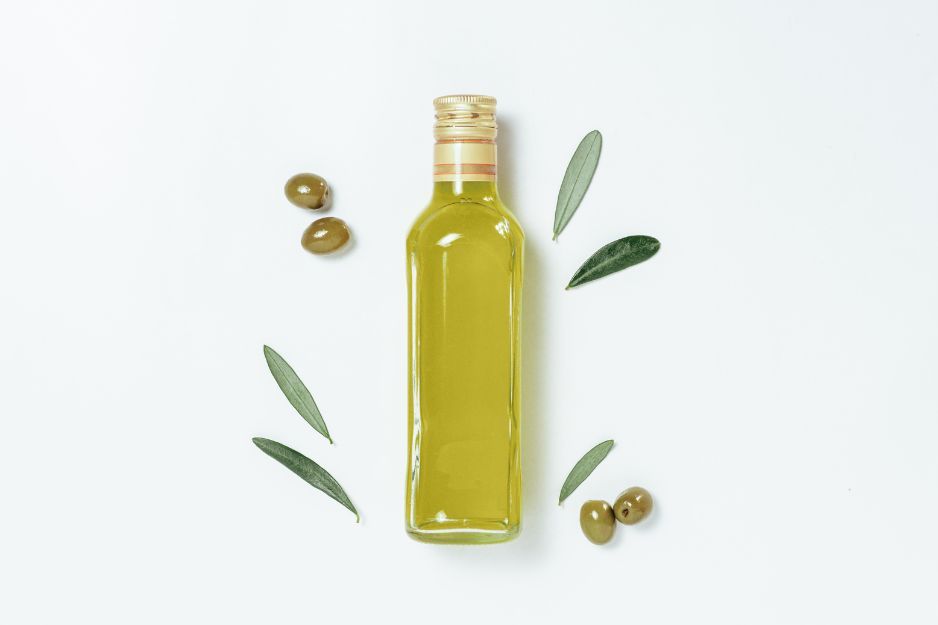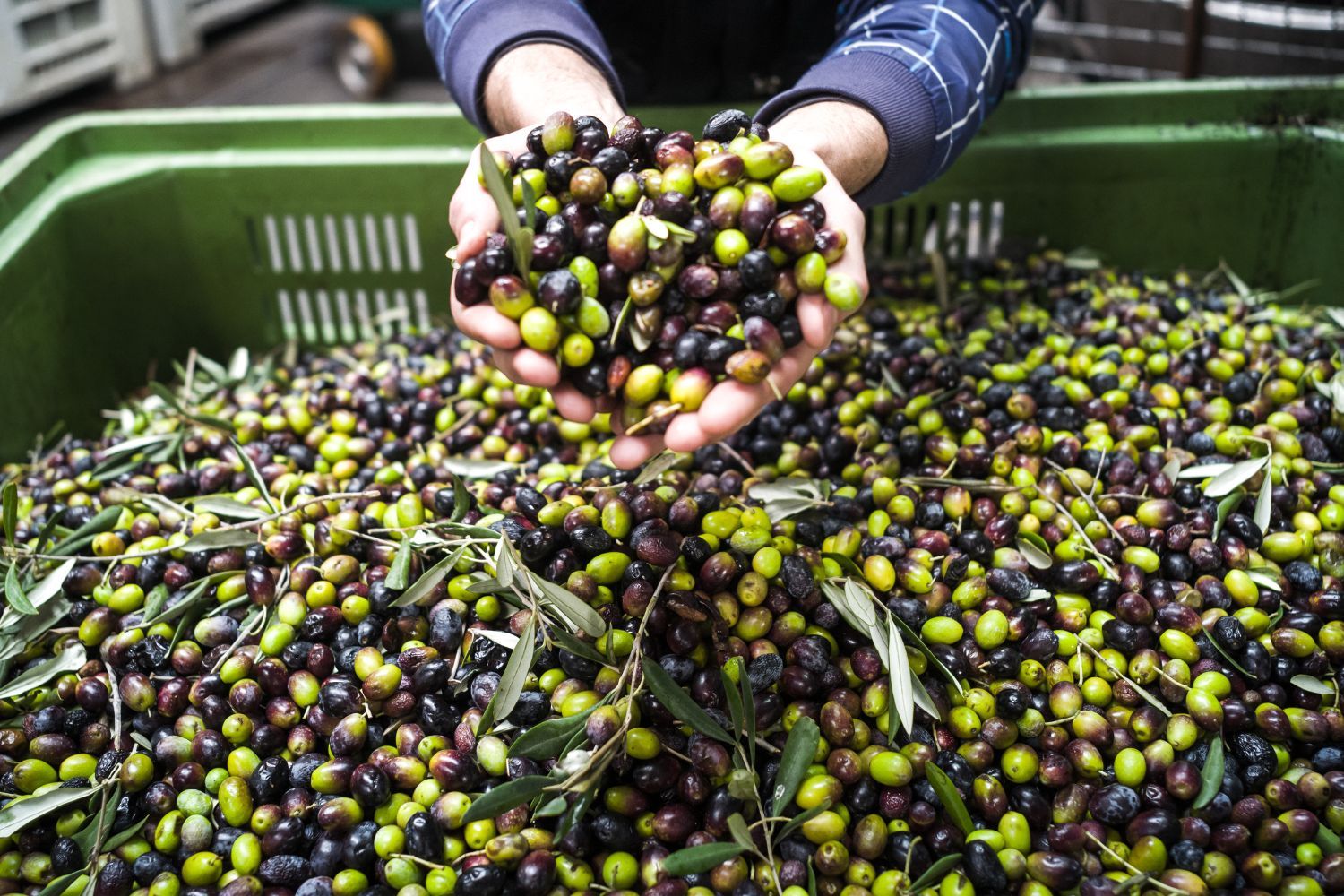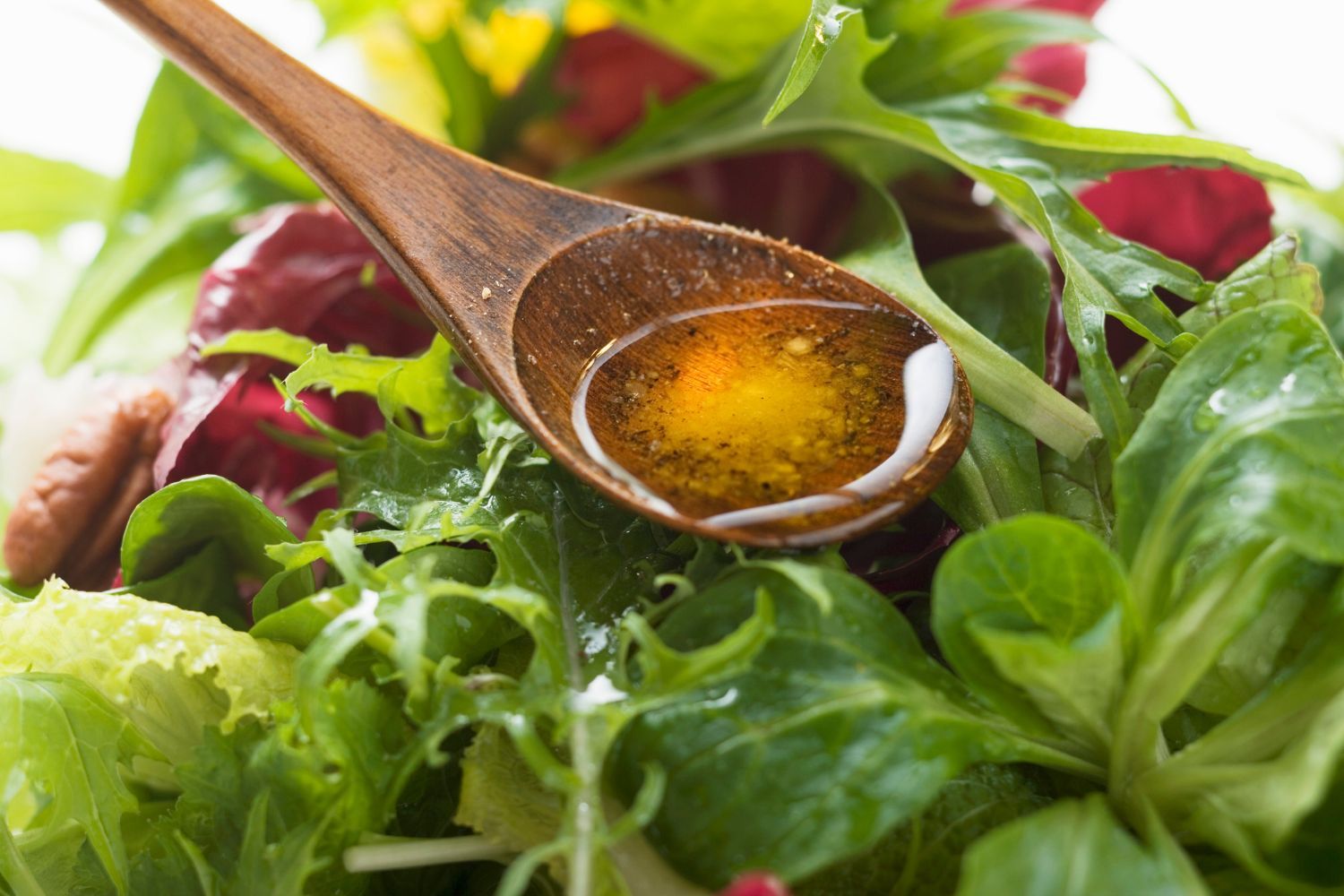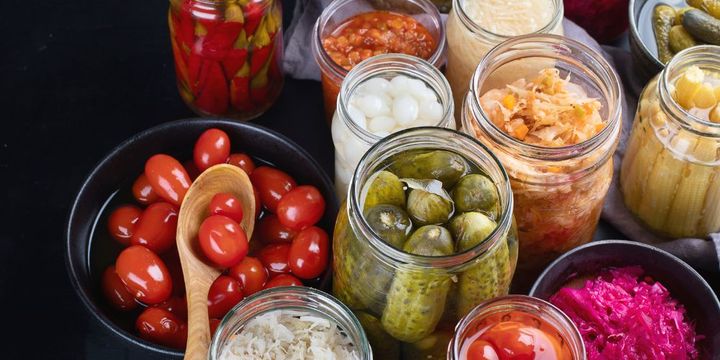Health Benefits of Olive Oil: Why It's Good for You

Olive oil has been a staple in Mediterranean cuisine for centuries and it has gained popularity worldwide for its numerous health benefits.
Olive oil is rich in monounsaturated fatty acids, which have been linked to a reduced risk of heart disease and stroke.
Studies have shown that consuming olive oil regularly can also improve cholesterol levels, lower blood pressure, and reduce inflammation in the body.
Additionally, olive oil is a good source of antioxidants, which can help protect against cell damage and certain diseases.
These benefits make olive oil a healthy addition to any diet.
Health Benefits of Olive Oil
Olive oil is a staple of the Mediterranean diet and has been used for centuries for its health benefits.
It is a rich source of healthy fats and contains a variety of beneficial compounds that can improve overall health.
In this section, we will explore some of the health benefits of olive oil.
Antioxidant Properties
Olive oil is rich in antioxidants, which are compounds that protect the body from damage caused by free radicals.
The antioxidants in olive oil, such as polyphenols and vitamin E, help neutralize free radicals and prevent this damage.
Anti-Inflammatory Effects
Chronic inflammation is a key driver of many diseases, including heart disease, cancer, and diabetes.
Olive oil contains anti-inflammatory polyphenols, such as oleocanthal, that can help reduce inflammation in the body.
Heart Health
Olive oil is well-known for its heart-healthy benefits.
It is rich in monounsaturated fatty acids, which can help to improve cholesterol levels and reduce the risk of heart disease.
Extra virgin olive oil, in particular, has been shown to lower blood pressure and protect LDL cholesterol particles from oxidation, a key step in the development of heart disease.
Studies have also found that following a Mediterranean diet, which is rich in olive oil, vegetables, fruits, nuts, whole grains, and fish, can reduce the risk of heart disease and stroke.
Overall, incorporating olive oil into a healthy diet can provide numerous health benefits.
It is important to choose high-quality, extra virgin olive oil and use it in moderation as part of a balanced diet.
It can be used for cooking, as a salad dressing, or simply drizzled over vegetables or whole grains.

Types of Olive Oil
Olive oil is extracted from olives, which are fruits that grow on olive trees.
There are different types of olive oil available, each with its own unique properties and uses.
Extra Virgin Olive Oil
Extra virgin olive oil is the highest quality of virgin olive oil. It is also the most expensive type of olive oil.
It is made from the first cold pressing of the olives and has an acidity level of less than 0.8%.
It has a fruity taste, strong aroma, and is rich in antioxidants.
Extra virgin olive oil is perfect for use in salads, dressings, and dips, and is also great for drizzling over cooked dishes.
Virgin Olive Oil
Virgin olive oil is also unrefined like extra-virgin olive oil, but it has a slightly higher acidity level and fewer fruity notes.
It is made from the second pressing of the olives and is a good choice for cooking at medium to high temperatures.
Virgin olive oil has a milder taste compared to extra-virgin olive oil and is less expensive.
It also contains antioxidants and polyphenols but in slightly lower amounts than extra-virgin olive oil.
Virgin olive oil is a good choice for sautéing, stir-frying, and baking
Refined Olive Oil
Refined olive oil is made using heat and chemicals to remove impurities and neutralize the flavor.
It has a high smoke point, making it ideal for high-heat cooking methods such as frying and grilling.
However, it lacks the flavor and nutritional benefits of virgin olive oil.
In summary, there are different types of olive oil available, each with its own unique properties and uses.
Nutritional Value of Olive Oil
Olive oil has an impressive nutritional profile. Here are some of the key nutritional values of olive oil:
Calories
Like any other oil, olive oil is high in calories. One tablespoon of olive oil contains approximately 120 calories. However, it is important to note that consuming olive oil in moderation can be a part of a healthy diet.
Fat
Olive oil is a rich source of healthy fats. It contains monounsaturated fats, which are considered to be beneficial for heart health. In fact, research has shown that consuming monounsaturated fats can help lower the risk of heart disease. One tablespoon of olive oil contains approximately 14 grams of fat.
Saturated Fat
While olive oil is high in healthy fats, it is low in saturated fats. Saturated fats are known to raise cholesterol levels and increase the risk of heart disease. One tablespoon of olive oil contains only 1.9 milligrams of saturated fat.
Protein
Olive oil is not a significant source of protein. One tablespoon of olive oil contains less than one gram of protein.
Other Nutrients
Olive oil also contains a variety of other nutrients that are important for overall health.
These include vitamin E, which is an antioxidant, and polyphenols, which are also antioxidants and have anti-inflammatory properties.
In conclusion, olive oil is a healthy addition to any diet. It is high in healthy fats, low in saturated fats, and contains a variety of other important nutrients.

Uses of Olive Oil
Olive oil is a versatile ingredient that can be used in a variety of ways. Here are some of the most common uses of olive oil:
Cooking
Olive oil is a great option for cooking but it is important to choose the right type.
The smoke point of olive oil can vary depending on the type and quality of the oil.
Extra-virgin olive oil has a lower smoke point of around 350-410°F (175-210°C) and is not recommended for high-heat cooking like frying.
Virgin olive oil has a slightly higher smoke point of around 390-420°F (195-215°C) and can be used for light sautéing and baking.
Regular olive oil, which is a blend of virgin and refined oils, has a higher smoke point of around 470°F (243°C) and is a good choice for frying.
Refined olive oil has the highest smoke point of around 470-480°F (243-249°C) and can be used for high-heat cooking like frying and roasting.
Salad Dressings
Olive oil is a key ingredient in many salad dressings.
It adds a rich, flavorful taste to any salad and is a healthier alternative to creamy dressings like ranch or blue cheese.
You can make a simple dressing by mixing olive oil with vinegar or lemon juice and adding salt and pepper to taste.
Marinades
Olive oil is a great base for marinades because it helps to tenderize the meat and adds flavor.
You can mix olive oil with herbs, spices, and citrus juice to create a delicious marinade for chicken, beef, or fish.
Let the meat marinate for a few hours or overnight to allow the flavors to develop.
Baking
Olive oil can also be used in baking to replace other oils or butter.
It adds a subtle flavor and can make baked goods like cakes and muffins moist and tender.
You can use olive oil in place of vegetable oil in most recipes. Just be sure to use light or mild olive oil to avoid an overpowering taste.
In summary, olive oil is a versatile ingredient that can be used in a variety of ways.
It is a healthier alternative to other oils and can add flavor and nutrition to your meals.
Whether you are cooking, making salad dressings, marinating meat, or baking, olive oil is a great option to consider.
How to Store Olive Oil
The best way to store olive oil is in a cool, dark place, away from sunlight and heat sources.
Exposure to light, heat, and air can cause the oil to deteriorate and become rancid. It is recommended to store olive oil in a pantry, cupboard, or closet with a door.
Avoid storing olive oil near the stove or other heat sources.
It is also important to keep the bottle tightly sealed to prevent air from getting in.
If possible, when buying olive oil, choose a dark-colored bottle to protect the oil from light.
Once opened, olive oil should be used within a few months for the best quality.
Final Thoughts
Overall, incorporating olive oil into your diet is a simple and delicious way to improve your overall health and well-being.
Whether used as a cooking oil, salad dressing, or dip, olive oil is a versatile ingredient that can add flavor and nutrition to any meal.


